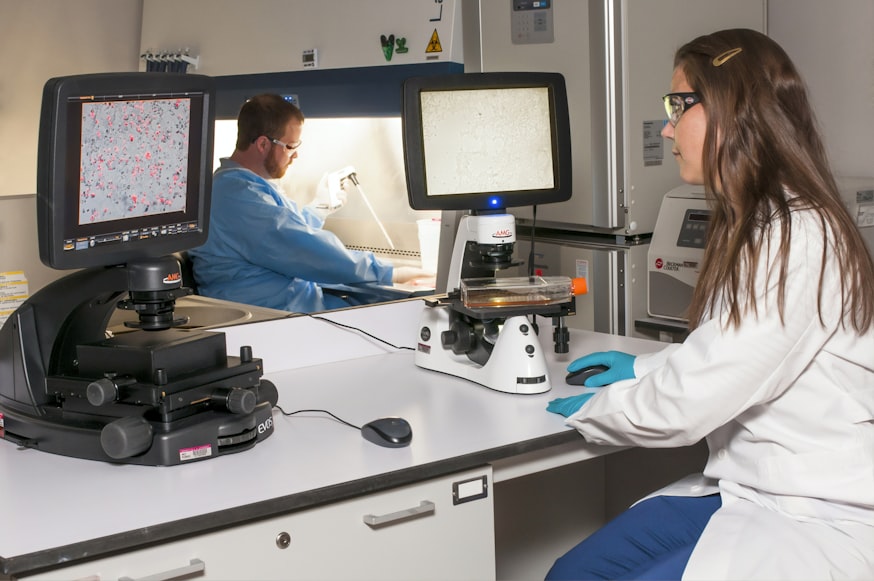As more advanced technology is used in clinical trials and studies, the chances of incidental findings have also increased manifold. Incidental findings can be potentially relevant during the course of the research, but they fall outside the primary scope of the study. These findings may be anticipated or unanticipated, and sometimes researchers even seek them actively.
The real question is what are the obligations of the researcher when it comes to incidental findings in medical research. In this blog, we are going to discuss the various aspects of these findings and how researchers should deal with them.
Should Incidental Findings be Evaluated Clinically?
Suppose there’s a study being conducted to understand the neural pathway of light reflex for which the participants had to undergo an MRI scan. When the researchers observed the MRI scans, a potential tumor was evident in one of the seemingly healthy participants. However, a clinical evaluation of the scans is outside the scope of the study.
In this case, should the researcher attempt to do a clinical evaluation to confirm the finding or simply stick to the primary purpose of the research? The answer to this lies in the contract that the participant signs. Some contracts lay out the exact terms of how health-related incidental findings need to be dealt with and what the researcher is obligated to do.
Is Disclosure of Incidental Findings an Ethical Responsibility?
In the example above, the real question shouldn’t be whether the researcher is obligated to disclose incidental health-related findings but whether it’s their ethical responsibility to do so. The short answer to this is yes, potential health issues should be disclosed to the participants. That said, it can make it difficult for the researcher to stay on course and limit the scope of the research.
In the next section, we’re going to touch upon some ways to establish protocols to deal with this problem.
Protocols to Handle Incidental Findings in Medical Research
Currently, there are no set rules or protocols to handle incidental findings in medical research. While the researcher doesn’t have an unlimited obligation to disclose all incidental findings to research participants, but certain parameters can be set to define these obligations. Here are some factors that can be used to develop protocols to handle incidental findings in medical research:
- If there’s a physician on the team of researchers, it’s their professional duty to not only do clinical evaluation but also return the findings to the participant.
- If the incidental findings provide a general benefit to the participant in any way, they should be disclosed to them.
- The nature of the researcher-participant relationship and the professional responsibilities laid out in the contract signed prior to conducting the study.
Needless to say, the key to establishing proper protocols in handling incidental findings lies in the use of proper clinical trial data management systems. These systems can aid your decision-making and help you create a robust data strategy.
If you’re looking for quality clinical data management systems, check out ClinicalPURSUIT. We have HIPAA-compliant clinical trial data management solutions and clinical trial data management software that can help you manage all your research findings effectively.








